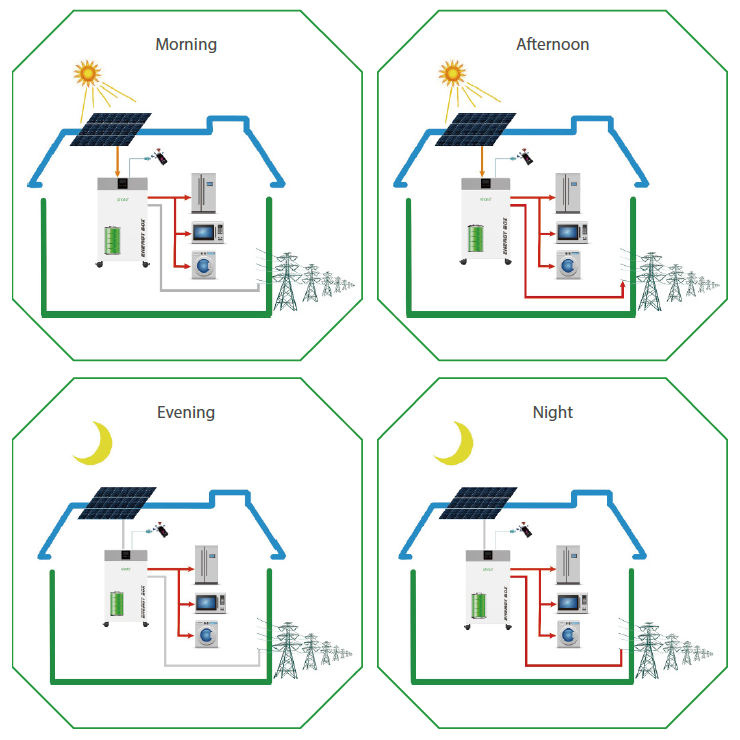
In today's world, managing energy consumption at home has become more crucial than ever. With rising energy costs and increasing concerns about environmental impact, homeowners are looking for effective ways to optimize their energy use. Home Energy Management Strategies not only help reduce bills but also contribute to a more sustainable living environment. In this article, we'll explore several practical strategies that can assist you in making informed energy decisions.
One of the first steps towards effective energy management is conducting an energy audit. An energy audit assesses how much energy your home consumes and identifies opportunities for efficiency improvements. You can do this yourself or hire a professional service. The audit will cover aspects like insulation quality, heating and cooling systems, appliance efficiency, and even light fixtures. This initial assessment provides valuable insights that serve as a foundation for implementing strategies that reduce energy wastage.
Incorporating smart technologies into your home is a powerful strategy for energy management. Smart thermostats, lighting systems, and energy monitors can give you real-time data on your energy consumption, allowing you to identify trends and adjust usage accordingly. For instance, a smart thermostat can learn your schedule and adjust heating or cooling preemptively, optimizing energy use while ensuring comfort. Such technologies not only promote efficiency but also provide convenience and control over your home’s energy consumption.
Investing in energy-efficient appliances is another significant strategy for managing home energy. Appliances rated by Energy Star or similar certifications are designed to use less energy without compromising performance. When it’s time to replace old units, consider the long-term savings that energy-efficient models can provide. Whether it’s a refrigerator, washing machine, or water heater, the upfront cost may be higher, but the savings on energy bills can rapidly offset that expenditure.
Harnessing renewable energy sources, such as solar panels, is an increasingly popular strategy among homeowners. After all, what better way to manage your energy needs than to generate your own? Installing solar panels allows you to reduce dependency on grid energy and can significantly lower utility bills. Many homeowners find that local or federal incentives make this investment even more attractive. Moreover, renewable energy contributes to a cleaner environment, aligning your energy use with sustainable practices.
Sometimes, the most effective strategies are the simplest ones. Encouraging small behavioral changes within your home can significantly impact energy consumption. Simple actions like turning off lights when leaving a room, using natural light whenever possible, and unplugging devices not in use can collectively result in noticeable savings. Educating family members about energy use not only reinforces these habits but helps create a culture of energy consciousness within the home.
Implementing energy management strategies is not a one-time task but an ongoing process. Regularly monitoring your energy consumption allows you to assess the effectiveness of your strategies and make necessary adjustments. Many smart monitoring systems provide insights and alerts that help you stay informed about unusual energy spikes or opportunities to save. By setting up a routine to review your energy use, you remain proactive in managing energy and continue to seek out areas for improvement.
Effective home energy management is not just about cutting costs; it represents a commitment to sustainable living and environmental responsibility. By assessing your household energy use, embracing smart technologies, choosing efficient appliances, exploring renewable energy options, and fostering positive behavioral change, you position yourself to make lasting improvements. Start today, and not only will you benefit from reduced energy bills, but you will also contribute to a more sustainable future for generations to come.
Next:Exploring the Various Types of Home Energy Management Systems
Previous:Understanding Home Energy Storage Do Lithium Batteries Need to Be Turned On During Charging